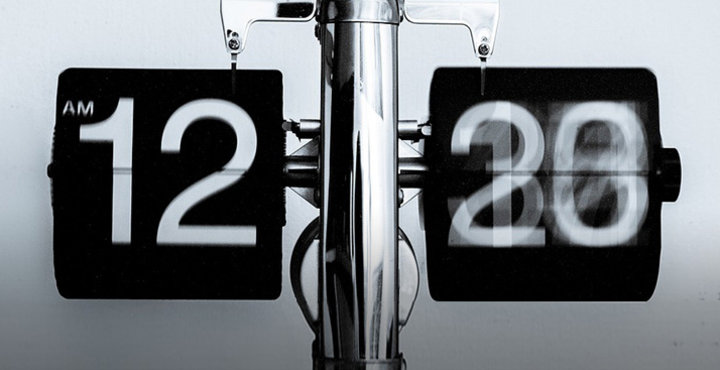If you've clicked on the link to this article, chances are you're one of the many authors who have suffered—or is currently suffering—from writer's block. As the fabled nemesis of authors, writer's block is perhaps the most frustrating thing about being an author.
That seemingly impenetrable barrier that, for whatever reason, arises in the mind of an author anywhere from the pre-writing phase right through to writing the conclusion of a novel can be of overwhelming annoyance. But have no fear, we've compiled a list of ten ways that you can shake the binds of writer's block and get back to writing.
1. Keep reading this list
This may seem obvious, but by searching for solutions, you're much more likely to succeed in overcoming your writer's block. Try anything and everything you can until you’ve beaten the writer's block. If you don't find something that works here, try another list! And if those don't work, try another!
2. Take a break
If you think your writer's block might be stemming from tiredness, try taking a break. Your mind might simply be exhausted from spilling every last ounce of information housed in it. Try to get a good night's sleep or even take a day off to let your mind replenish itself.
3. Break the routine
Are you staring at your editorial calendar and stressing out over not meeting your deadlines? If you get up and write at the same desk, in the same room, in the same house, every day, try packing up your laptop or notebook and writing in a new setting. Your new surroundings may breathe new ideas or topics back into your work, thereby beating your writer's block so you can start meeting the deadlines on your editorial calendar.
4. Brainstorm
This heading speaks for itself. If you've found yourself sitting, staring at your keyboard for the last day with nothing to show for it, grab a piece of paper and a pen and try creating a classic idea web. Forcing your brain to think of new ideas in a new medium can often prove exceedingly useful in kicking writer's block.
5. Stream of consciousness writing
Along the same lines as the latter, but perhaps more intense, is the practice of stream of consciousness writing. You can try this by taking an idea, or even a single word, and just writing everything that comes to mind.
Try it with the word "spoon," for example. Write this at the top of a page and then go to town writing every single thing associated with spoons that you can think of. This practice can force your brain into a "create new ideas" mode, which can then be transferred back to your original work. You'd be surprised where one word can lead you!
6. Five-minute exercise
Another exercise that can get your brain moving again is a written version of verbal vomit. Simply write down every single thing that comes to mind for five minutes straight. One idea doesn't have to relate to the next, nor does what you write have to make any kind of sense to anyone. This exercise is simply aimed at getting your brain moving again, energizing it, and putting it back in the swing of idea generation.
7. Go somewhere comfortable
If you find yourself increasingly stressed out about your lack of creative mojo, try going somewhere comfortable to beat your writer's block. Putting your mind at ease by sitting in a tree swing or lying on a favorite couch can release mental tension and loosen those creative barriers you’ve established. Feeling calm can provide clearer thinking, deeper insight, and often relieve the tension that has your ideas jammed up in the first place.
8. Bask in the creativity of others
In order to beat your writer's block, try seeking inspiration from some of your favorite authors. Read their work, try to feel their flow, and imagine what they would have done in your situation. Sometimes this exercise can give you the drive and confidence you need to get back to the keyboard and pumping out new ideas.
9. Create a detailed outline
Writer's block can often begin even before you've started writing. Sometimes, at the beginning of a massive or daunting authorial task, one doesn’t know where to begin. This can be solved by creating a detailed outline.
T.S. Eliot, when faced with the task of writing "The Wasteland," had no idea where to begin, so he covered his bedroom walls with ideas and ultimately decided upon his starting point. You too can achieve this by outlining everything you wish to accomplish. By the time you’re done, you'll have a step-by-step guide on how to proceed with your ambitious writing project.
10. Consult your friends or coworkers
Don't be scared to bounce your ideas off of others, or ask someone to brainstorm with you. While you can't steal their ideas, having someone to talk to can often lead to creating ideas you never thought possible, thereby ending your writer's block-induced creative drought.
There you have it, the top ten tips for beating writer's block according to our book editors. We hope that at least one of these can be of help to you, since we, as writers ourselves, empathize with the creative plights of our fellow word warriors. Best of luck!
Image source: kasgirl/Pixabay.com




